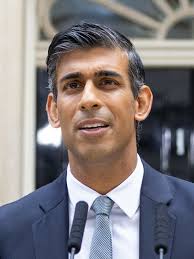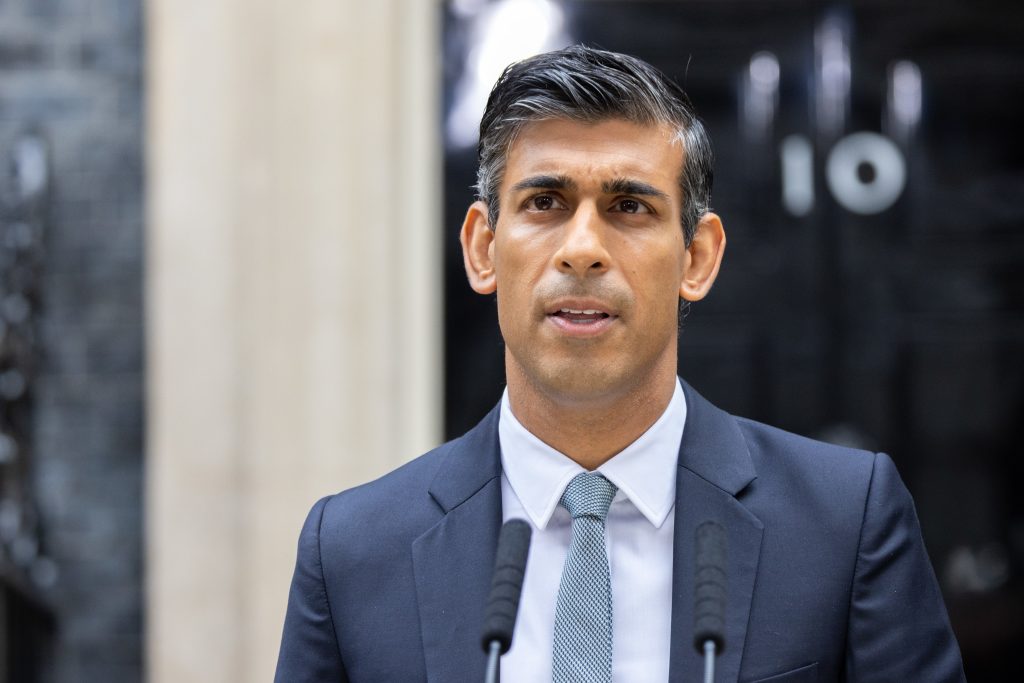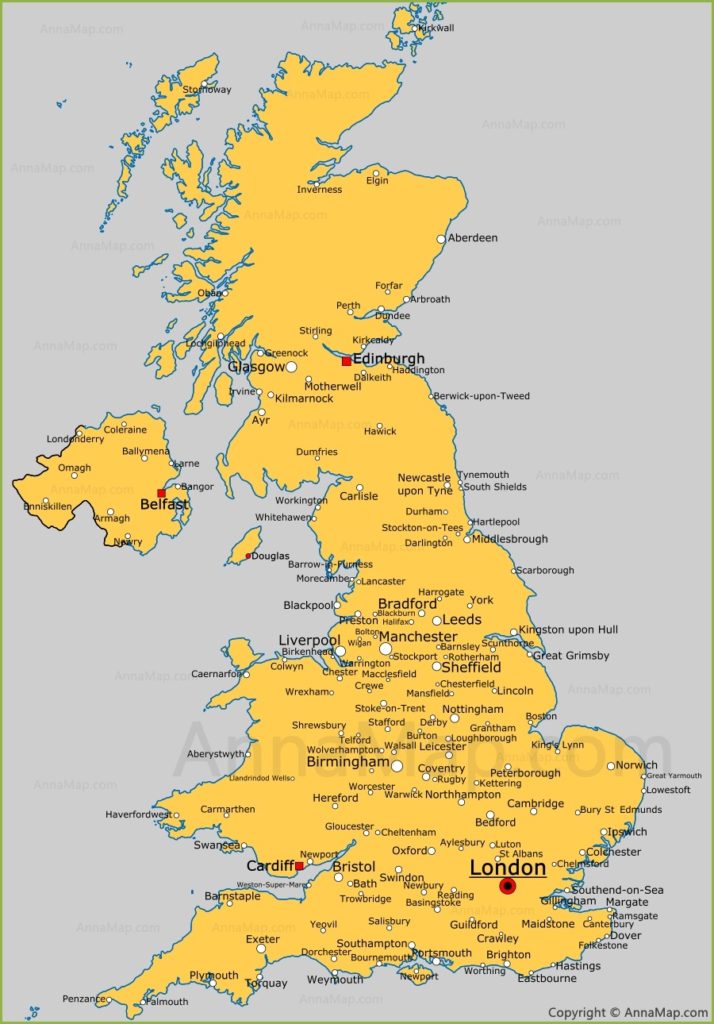An open letter to the PM as he crafts his general election agenda

By David Fellows
In this open letter the author proposes an election agenda dominated by levelling-up, NHS and Zero-Carbon met from a programme of public spending reductions. He sees a need for this to be explained by an honest evaluation of the challenges facing Government.
Dear Rishi,
It seems to me that the coming general election must be regarded as the start of a new era: post financial crisis, post Brexit, post Covid, post supply chain disruption, post outbreak of the Ukraine war, post inflation explosion, post Corbyn & Johnson. This clearly requires a courageous agenda as we approach a somewhat more stable (excluding Ukraine) yet challenging domestic and international landscape.
Your new Government must be ambitious, rigorous and transparent in constructing the way forward. We require a Government pro innovation, productivity and regional opportunity; pro personal responsibility and smaller state; pro advice above regulation; and more communicative about problems and possibilities. This challenging requirement plays to your technocratic strengths – embrace it, speak up and move quickly.
So far as the middle-class millenarian campaigners are concerned, the more level-headed majority want a government that can stand up to them where it counts.
Internationally the way forward must include increased national resilience and partnership development where this is mutually beneficial. Sooner or later, this will include improved relations with the EU and US, accepting that marginal improvements may be all there are available right now without offering unreasonable concessions. In this respect the decision to rejoin Horizon is a mystery to me, it has not been properly explained and the terms are bewildering. You must do better.
We need a narrative that embraces all this and gives us confidence for the future.
Levelling-up encapsulates the lack of tangible concern by the political class over past decades. There is a yawning deficit in economic opportunity in the regions compared to that in the Greater South East. People in the regions need feasible solutions that address this through a substantial programme of investment and collaboration involving development tax incentives, training, innovative technologies and infrastructure. The current political mindset is far too London-centric as my analysis of then Levelling Up White Paper demonstrated. This cannot continue. If you do not understand the insistent need for leveling-up, a phrase invented by BJ but a concept long embedded in the regional DNA, then frankly you are adrift.
If the levelling-up ambition is ever to succeed in practice then staunch and continuous Government leadership is essential. Local government and other local institutions will never have the heft to lead a real revolution although they are clearly vital ingredients. Collaboration between major public sector organisations is limited by the determination of all parties to retain discretion over important matters for which they are held responsible. Metropolitan authorities have limited powers leaving their leadership role hanging by a thread.
Constant cries from industry to allow local politicians to take charge are immediately followed by demands for action on issues for which Government holds the key. Any intention of real change requires continuously active ministerial involvement to build the regional offering and demands true collaboration between players, including greater cooperation and shared learning within the business sector together with more rigorous thinking about the shortcomings of public and private sector relationships hitherto.
The Government’s failure to give due support to regional development over decades has almost by default put enormous emphasis on London and the quality of life of ordinary Londoners has suffered. Housing provision has been disastrous. Inner London, with some exceptions, has been demonstrably failed by the public sector. Levelling up is the first step in redressing this unhelpful London bias allowing the quality of life throughout the country to be improved step by step.
Looking at other issues, the NHS is simply too monolithic while internal communication and coordination can be appalling. It now requires the challenge of an alternative model based on universal healthcare principles. I suggest a dual system of state and private provision with the latter largely funded through an insurance system, as I have previously advocated. The state would then be one option within a diverse provider model that would develop through operational experience and user demand. Basic personal coverage within the system would be mandatory and personal taxation would reflect the choices made.
Zero carbon timescales are unrealistic and becoming detrimental to everyday decision-taking. The cost of electric vehicles, shortage of charging points, deficiencies of national grid infrastructure and power generation now require firm deadlines to be translated into softer and longer timescales. Further technological breakthroughs and comprehensive cost analysis will determine the nature of the initial net-zero platform. At this stage options for power generation and end-user technology need further work if abortive costs, perhaps crippling burdens, are to be avoided at state and personal level. Locally-determined ULEZ charging zones are part of an emerging left wing economic disruption narrative and should be prohibited. Only Government-enacted regulatory and penalty systems should be permitted.
The limited extent of house building is an injustice to younger people of child-bearing age, a threat to the country’s economy and destructive to local communities that do so much heavy lifting that otherwise falls on an overburdened state. With this in mind, local authority discretion to refuse planning permission for housing must be reduced, the scope for building on greenbelt land must be increased and the land bank practices of major developers must be scrutinised and reformed as necessary. It is no good observing the preferences of the traditional voting base if the result is national destruction. Some hard truths need to be told. This may lose the support of some but gain respect and possibly support elsewhere.
Whether political leaders are gregarious, eloquent or rich (none could be said to be of limited means), I suggest that in the coming election it matters less to the electorate than their integrity, their willingness to engage openly with the electorate on key issues, the quality of their team and, crucially, what they seem able and willing to deliver for the individual voter and the country at large. Not every voter will forensically examine these issues but many will and their conclusions will filter through.
With this in mind, why not bring the levelling-up agenda back into the Cabinet Office with you accepting personal responsibility for vision, oversight and cohesion. It would be a major commitment but as the election approaches it would signal that you put fairness of opportunity and a shared national prosperity at the heart of your mission. Having made my case for the levelling-up perhaps I can go one step further and suggest that where there is deemed to be an overwhelming case for technological research and development based in the Greater South East then this should be linked with institutions and businesses in the regions.
Also commit to social imperatives that are not on substantial fiscal support, particularly private sector house-building and the inclusion of the private health sector as a full partner in the NHS family.
On the international stage, trade and security must be clearly at the forefront. Perhaps international development, outside the bounds of humanitarian aid, could be targeted mainly at existing and potential trading partners in the developing world with support centred around in-country governance arrangements and partnership development involving UK businesses and technological institutions (even catapults). I am not suggesting that some of this does not happen already but that it could be a much more prominent focus of the development offer.
Any substantial programme of public investment in economic growth must be financed in the short term by increased public service efficiency and the elimination of ineffective service provision leading subsequently to self-funding through increased tax revenues. Hard choices are clearly required for both initial service reductions and investment priorities.
The next election will find many issues vying for attention. A selective offer delivered with straightforward honesty is now required that demonstrates your vision and for our future prosperity. Clarity about key roles in developing the future vision could be helpful too.
Regards, DF
PS: I’m always creating to-do lists and perhaps I could offer a few thoughts in this vein
Levelling-up and self-reliance:
- Demand substantial contributions from regional universities, technology institutes and catapults – of a scale and ambition to make a significant difference
- Devolve Govt departments much more extensively
- Support development of new technology to facilitate greater productivity for domestic industries eg: agriculture; product design, testing and development; digital technology
- Employ tax incentives to encourage investment in regional development hubs for new product development and productivity improvements
- Commit ministerial support to facilitate institutional cohesion at regional level
Public spending:
- Set 3 year targets for departmental cost reductions
- Reduce services that lack value; improve administrative efficiency; and reduce regulations, making it harder for ministers to create them (none of this is ever done well)
- Seek advice from the NAO. Hold departments responsible.
National health services:
- Announce the intention to develop a twin track (public/private sector) universal National Health Service with the private component being largely insurance-based including the option of providing both private medical schools and university hospitals
- Allow cross-contracting for service delivery between public and private sectors
- Allow private sector to adopt a variety of configurations for primary and secondary care.
- Call for outline proposals from public and prospective private sector partners
- Design a supportive tax allowance package for those wishing to take the private health option
- Learn from others
Carbon reduction:
- Scrap all net zero deadlines and replace with more realistic targets for key proposals
- Monitor and evaluate the emergence of innovations worldwide, encourage domestic innovation, stimulate the creation of viable net zero industries and support them
David Fellows worked extensively in UK local government, was a leader in the use of digital communication in UK public service and became President of the Society of Municipal Treasurers. He was subsequently an advisor on local government reform in the UK Cabinet Office and an international advisor to the South African National Treasury. He is a director of PFMConnect, a public financial management consultancy, and a regular commentator on public financial management issues at home and abroad.


